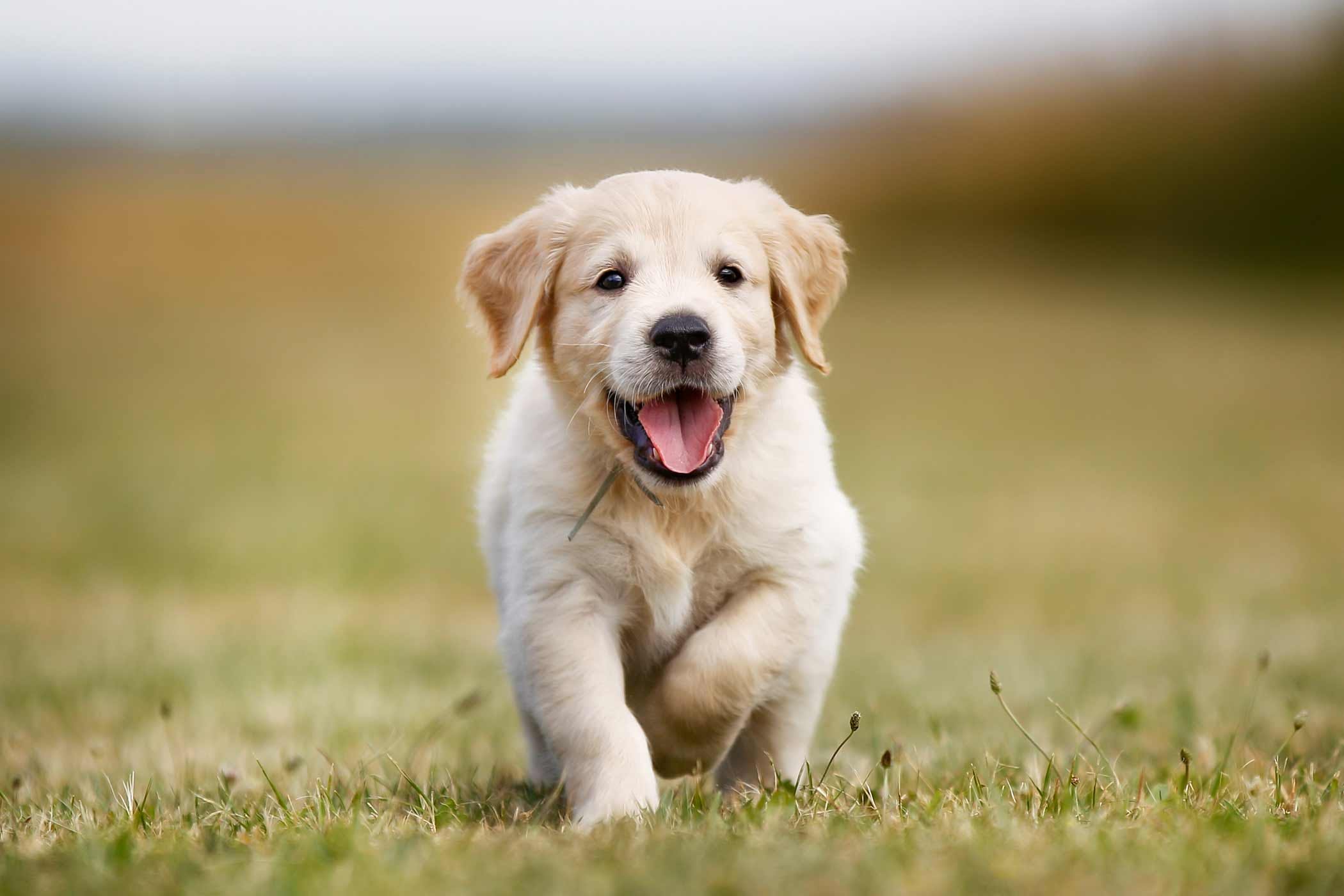[ad_1]
Squirrels lose hair for a variety of reasons. Many people assume that when they see a squirrel missing patches of hair, that it has contracted Mange. Mange in squirrels is caused by a tiny mite called Notoedres douglasi. They’re similar to mites that cause scabies in humans in that they cause intense itching, but there’s no report of squirrel mange ever being transmitted to humans! Healthy squirrels can usually recover from an infestation of mange, but it can take a considerable amount of time, and a lack of hair covering can leave squirrels at the mercy of the weather especially in winter!
Another cause of hair loss in Squirrels is a fungal infection called dermatophytoses. The squirrel doesn’t actually lose its hair, it’s just that the fungus causes it to break off at the skin. Most fungus like warm, moist environment to grow, therefore dermatophytoses is seen in warm moist climates, and during unusually wet periods. A squirrel can recover from this fungal hair loss as long as it’s immune system is in good shape. A sick or immune compromised Squirrel may not be so lucky!
Dietary insufficiency, or poor diet, is another cause of hair loss in Squirrels. A severe lack of Calcium will cause poor hair growth and/or cause the hair to fall out. This is especially true in Squirrels that are kept in captivity! Special attention need to be paid to the diet as well as daily exposure to natural light or sunlight.
Following closely on poor diet is the condition called Metabolic Bone Disease. Hair loss and loss of Calcium from bones are the characteristics of severe Calcium deficiency. Squirrels rapidly develop a condition called Rickets, and will lose the use of their rear legs. This causes them to shuffle when they try to walk and their bones become quite brittle and prone to breakage. Left untreated, Metabolic bone disease will advance to permanent nerve and bone damage and heart failure. Poor diet and metabolic bone disease is treatable as long as it is caught in the early stages. Foods rich in Calcium and Calcium supplementation are a must in all captive Squirrels!
The last potential cause of hair loss, especially in Gray or Fox Squirrels, is a hereditary defect. There are some Squirrels born missing the hair growing chromosome, just as there are some born missing the pigmentation chromosome, (Albino Squirrels,) These hairless Squirrels never develop hair. It’s rare for them to survive in the colder climates, and difficult at best to survive even in warm climates due to the fact that they are not recognized by their kind and are often rejected and even attacked or killed.
All dietary causes of hair loss in Squirrels are very easily treated through feeding a proper diet and insuring that there is sufficient quantities of Calcium and essential vitamins in their diet. Through working with Squirrels and researching natural products, I’ve been able to improve on some tried and true recipes for squirrel food supplements. One major improvement that I found was the addition of Organic Raw Coconut Oil.
Unprocessed Coconut Oil is rich in a substance called Lauric Acid which is a natural anti bacterial, anti fungal and anti viral substance. You can read about the effect of this amazing substance on Candida Albicans, a common yeast type organism at: http://www.candida-albicans-cure.com/coconut-oil.html #R2. Since I’ve added Raw Coconut Oil to my Squirrel Supplements, my Squirrels have grown out hair that feels as soft as mink!
Hair loss in Squirrels can be a problem! But, I’ve found that improving the diet of affected Squirrels, and adding the right natural products to what they eat, goes a long way toward solving most of the problems!

